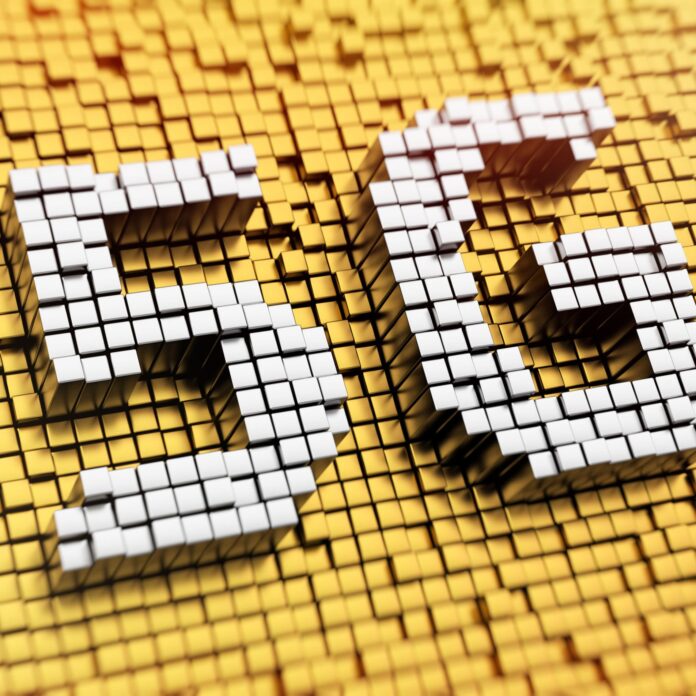The Korean carrier said it will also buy 5G equipment form additional vendors
Korean mobile telephony operator LG U+ is likely to acquire network equipment for the provision of 5G services from Chinese vendor Huawei, Korean press reported the telco’s Vice Chairman Kwon Young-soo, as saying.
“Huawei’s equipment seems highly efficient, while that of Samsung Electronics and Nokia is similar,” he said. “Unless something major comes up, we will select Huawei’s equipment,” the executive said on the sidelines of the Mobile World Congress (MWC) in Shanghai, China.
The executive also said that company’s investment in 5G infrastructure will continue as planned.
LG U+ had also selected the Chinese company for the deployment of LTE network infrastructure in 2013. The Korean telco also used equipment from Samsung Electronics, Nokia and Ericsson for LTE deployments. Kwon said LG U+ will also choose four equipment partners for 5G deployments, according to the reports.
The executive said LG U+ will announce final contractors for the deployment of 5G network infrastructure by the third quarter of this year.
Earlier this month, South Korea has completed a tender process through which it awarded spectrum in both 3.5 GHz and 28 GHz bands for the provision of 5G services.
The government had made available a total of 280 megahertz in the 3.5 GHz spectrum band and 2,400 megahertz in the 28 GHz band. The spectrum was divided into 28 blocks and 24 blocks.
Participant operators SK Telecom, KT, and LG U+ had a 10 block cap per spectrum band.
The telcos paid a total of 3.6183 trillion won ($3.3 billion) for the spectrum, 340 billion won higher than the starting price of 3.3 trillion won.
In the 3.5 GHz range, SK Telecom paid nearly 1.22 trillion won ($1.1 billion) for 100 megahertz of spectrum, with KT paying 968 billion won ($870 million) for the same amount. LG U+ acquired an 80 megaherz license in this range for about 810 billion won ($728 million).
In the 28 GHz segment, each operator secured 800 megahertz, paying between 207 billion won ($186 million) and 208 billion won ($187 million) for its license.
China Unicom launches 5G trials in 16 cities
In related 5G news, China Unicom has kicked off its 5G pilot project with the aim of launching commercial 5G services in 2020.
The state-owned telco said it has gradually started to introduce 5G technology in 16 Chinese cities. The company also plans to launch a commercial trial of this technology next year, said Lu Yimin, executive director and president of China Unicom.
China Unicom is the country’s second largest carrier by subscribers. The telco also announced joint research centers with compatriot firms Tencent and Baidu.
The joint laboratory with Tencent will focus on research and development of key technologies and business applications such as edge computing, network slicing and high-accuracy positioning services.
The laboratory with Baidu will focus on how to better integrate artificial intelligence with 5G, with emphasis on internet-enabled vehicles and big data technology.

